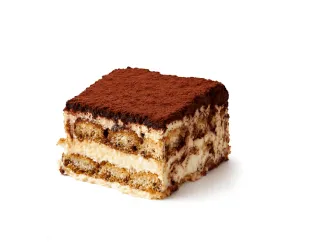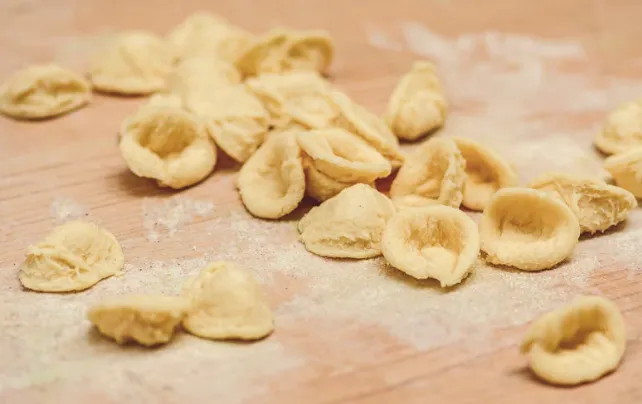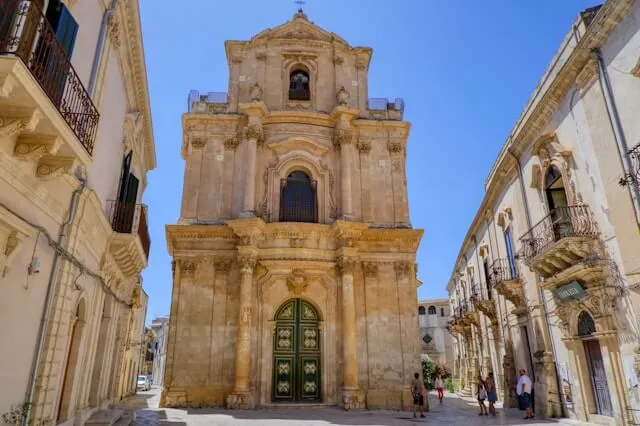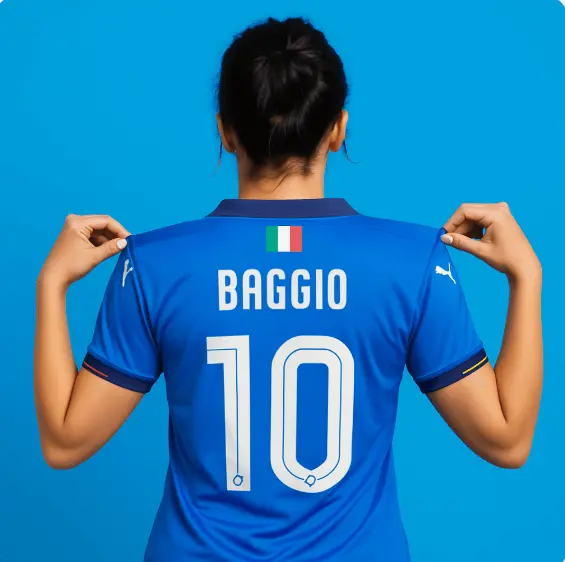 Relative pronouns
Relative pronouns
Lesson forty-one


Lesson forty
In Italian, diminutive suffixes are widely used to express that something is small, cute, young, or emotionally dear to the speaker. They are an essential part of everyday speech and help add warmth, affection, or nuance to what might otherwise be a neutral word. Unlike English, which often relies on adjectives like small or little, Italian frequently modifies the noun itself by adding a suffix.
Diminutives are not limited to physical size. They can also express tenderness, familiarity, irony, or emotional closeness. For this reason, understanding diminutives will help you sound more natural and expressive when speaking Italian.
Una casa becomes Una casetta
A house becomes A small house
For example: C’è una casetta in mezzo al bosco. This means, There’s a small house in the middle of the forest. Here, casetta suggests not just a smaller house, but often a cozy, charming one—perhaps a cabin or cottage.
Un gatto becomes Un gattino
A cat becomes A little cat or kitten
Another example is: C’è un gattino sul tetto. This translates to There’s a kitten on the roof. The diminutive gattino indicates that the cat is small or young, and often carries an affectionate or tender tone.
Italian diminutive suffixes change depending on the gender and sometimes the ending of the original noun. Most suffixes have both masculine and feminine forms. Learning the most common ones will allow you to recognize and create diminutives with confidence.
–ino / –ina
Used to indicate small size, youth, or affection.
Gatto becomes Gattino
cat becomes little cat
Sorella becomes Sorellina
sister becomes little sister
Fratello becomes Fratellino
brother becomes little brother
Cane becomes Cagnolino
dog becomes little dog
Uomo becomes Omino
man becomes little man (affectionate or humorous)
–etto / –etta
Expresses smallness combined with affection or familiarity.
Casa becomes Casetta
house becomes little house
Camera becomes Cameretta
room becomes small bedroom
–ello / –ella
Often poetic or descriptive, sometimes used for scenery or objects.
Paese becomes Paesello
village becomes small village
Albero becomes Alberello
tree becomes little tree
–uccio / –uccia
Can be affectionate, playful, or slightly ironic depending on context.
Cavallo becomes Cavalluccio
horse becomes little horse
Cavalluccio marino
seahorse (literally little sea-horse)
–olo / –ola
Montagna becomes Montagnola
mountain becomes small mountain or hill
–attolo
Less common and often playful or expressive.
Mostro becomes Mostriciattolo
monster becomes little or funny-looking monster
While diminutives make things sound smaller or cuter, augmentatives do the opposite. They emphasize size, intensity, importance, or impact. Augmentatives can be neutral, positive, or sometimes slightly ironic depending on context.
–one / –ona
Indicates something large, serious, or impressive.
Problema becomes Problemone
problem becomes big problem
Questo è un problemone.
This is a big problem.
Uomo becomes Omone
man becomes big man
Massimo è un omone.
Massimo is a big man.
Pejorative suffixes add a negative, unpleasant, or disapproving tone to a word. They are commonly used to express annoyance, criticism, disappointment, or frustration. These suffixes are powerful and should be used carefully, especially in polite conversation.
–accio / –accia
Adds a negative or unpleasant connotation.
Gatto becomes Gattaccio
cat becomes nasty cat
Quel gattaccio mi ha morso.
That nasty cat bit me.
Figura becomes Figuraccia
figure/performance becomes bad impression
Ieri ho detto qualcosa di stupido e ho fatto una figuraccia.
Yesterday I said something stupid and made a fool of myself.
In addition to suffixes, Italian uses prefixes to modify meaning. Prefixes are placed before a word and often indicate repetition, intensity, or emphasis.
Ri–
Means again, similar to the English prefix re–.
Devo rifare il lavoro.
I have to redo the work.
Ho rivisto questa serie.
I watched this series again.
Ho rilavato il vestito perché era ancora sporco.
I washed the dress again because it was still dirty.
Stra–
An informal intensifier meaning very or super.
Questo libro è strabello.
This book is really good.
Sono strafelice di averti incontrato.
I’m extremely happy to have met you.
Sono straoccupata in questo momento.
I’m really busy right now.
Arci–
A strong intensifier, often expressing excess or frustration.
Sono arcistufa del mio lavoro.
I’m so fed up with my job.
Super–
Questo film è superdivertente.
This movie is really fun.
Ultra–, Iper–
Used more in technical, scientific, or formal contexts.
Italian suffixes and prefixes are powerful tools that add emotion, emphasis, and nuance to everyday language. Rather than relying only on adjectives, Italian often modifies the word itself to express smallness, affection, intensity, or judgment.
Common diminutive suffixes, used to express small size, tenderness, or affection, include:
Common augmentative suffixes, used to emphasize size or importance:
Common pejorative suffixes, used to add a negative or disapproving tone:
In addition to suffixes, Italian also uses prefixes to intensify or modify meaning:
 Relative pronouns
Relative pronouns
Lesson forty-one
 Pronoun ne
Pronoun ne
Lesson forty-two
 Pronoun ci
Pronoun ci
Lesson forty-three
 Pronoun si
Pronoun si
Lesson forty-four
 Subjunctive mood
Subjunctive mood
Lesson forty-five
 Passive
Passive
Lesson forty-six